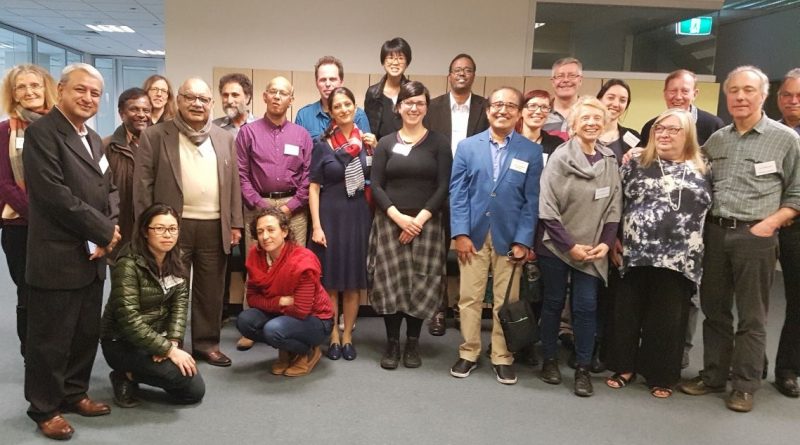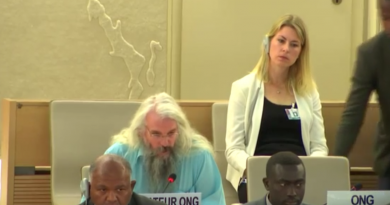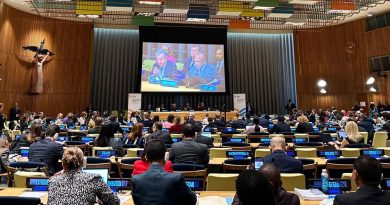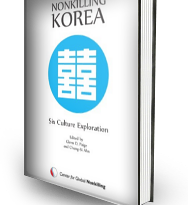Building Nonviolent Societies Workshop in Melbourne
The Center for Global Nonkilling, Deep Network and Global Reconciliation organized a one-day workshop in Melbourne, Australia, on October 8, 2017. The event gathered 26 participants representing 14 organizations, including CGNK Chair Anoop Swarup. Other groups included co-conveners Deep Network and Global Reconciliation, as well as Initiatives of Change, Monash University, Psychologists for Peace, Latrobe University, Australian Advocacy for Good Governance, Centre for Dialogue, Architects for Peace, Engineers without Borders and The Free Theatre.
The workshop had a participatory format in which participants worked together to respond to a number of questions, including “how can nonkilling turn into a mass movement?”, “what can be learn from indigenous peaceful societies?”, “how to build trust across divides?”, “how to make sense across difference?” or “how to deal constructively with fear?”. Discussions were conducted on the basis of the nonviolent Open Space Technology (OST) model, where participants join the topic/ question/ table/group of their interest and discuss about the issue there. Collective notes, charts and sketches generated a cascade of ideas and processes that are to be organized into a report.
Some of the topics discussed included: greed as the motivator for violence; education as an important medium to build nonviolent societies; creative arts as a tool to create dialogue; the need to subvert/maintaining safe spaces; religion’s contribution to war and peace; community based action; searching for or creating new approaches and new vocabularies; use diverse holidays in meaningful ways to reflect; the media’s role in perpetuating structural violence and opportunities of contributing to creating nonviolent societies; social media and disconnect of human relationships; etc.
The second part of the workshop focused around the overarching issues: Education, How to create
peacebuilders at university level/ research, and Listening to the land. A brainstorming session was followed by collective agreements on next steps to be taken by the group, including continuation gatherings and future formats.




